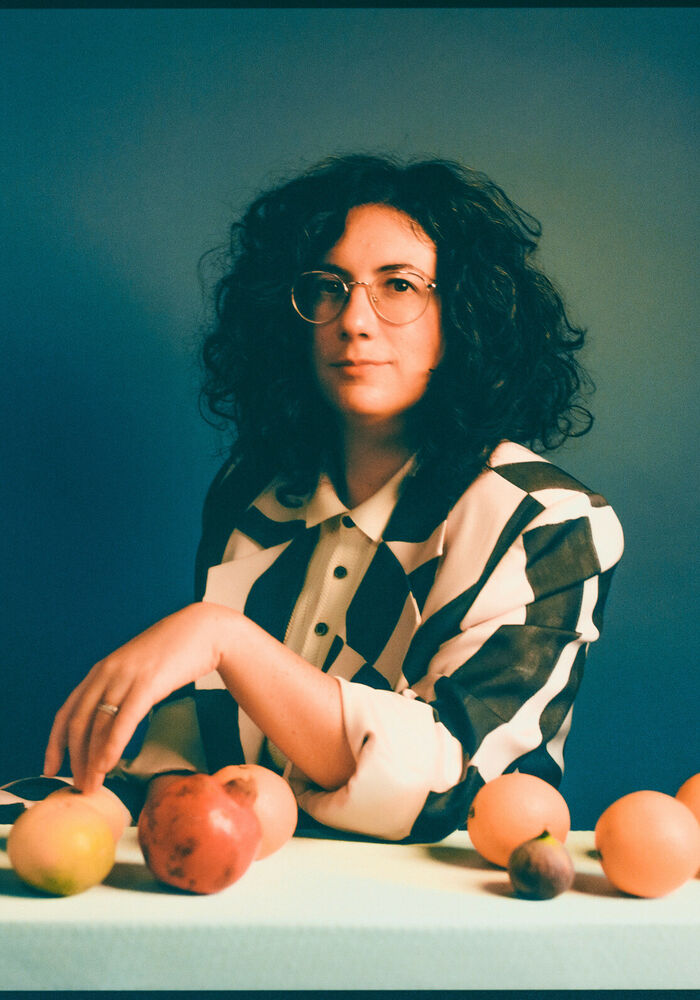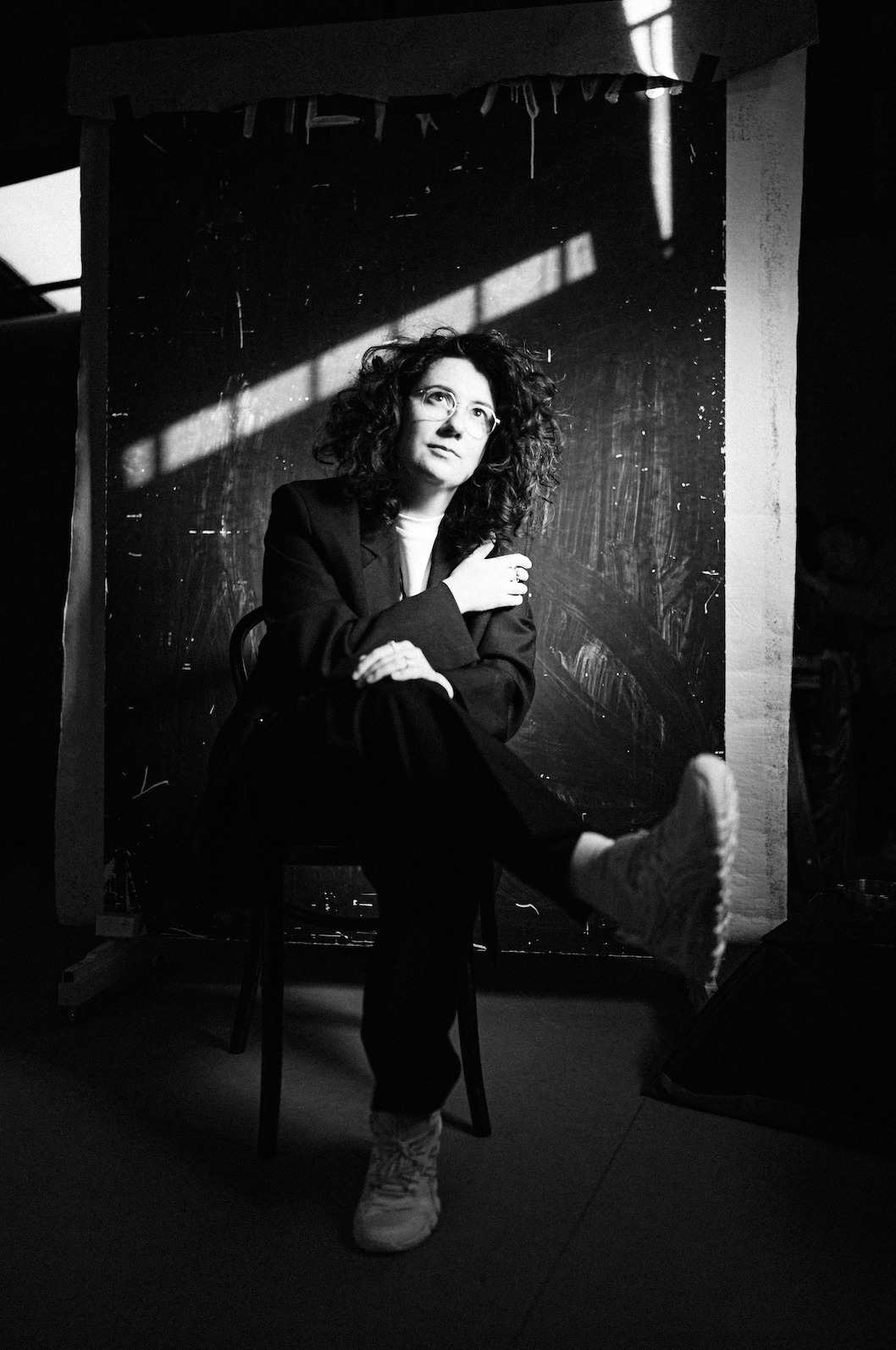Montreal-born Alexandra Stréliski’s debut album Pianoscope, originally just a passion project intended for friends and family, saw its opening track Prélude placed in the Academy Award-winning Dallas Buyers Club and played at the Oscars ceremony in 2013. But it wasn’t until her 2018 sophomore album that her career started to finally take off, and she builds on her success with new album Néo-Romance, also her first major-label release with Sony Music. She chats to Headliner about the importance of not rushing a record, how a deep dive into her European and Jewish roots influenced the album, and why the album title places itself in a genre of its own.
With Stréliski now signed to Sony Music, her music being streamed millions of times around the world, and seeing her involved in such projects as the Amy Adams-starring Sharp Objects from HBO, it feels almost outlandish to say that her debut album, Pianoscope, was only intended to be heard by a handful of friends and family. Her mother diligently mailed out copies of the album from her basement in Montreal, Quebec.
She did do the full classical training in her youth and her teachers even hoped she’d pursue becoming a concert pianist, but she says she found the idea “Too stressful. It’s like you can’t play a wrong note. I needed to be more free.” But after delving into learning filmmaking and German [she is also fluent in French as a French Canadian], she explains that music found its way back to her.
“I was about 21 years old and composing music for ads,” Stréliski says, speaking from Montreal, although she is mostly based in the Netherlands these days. “I had an opportunity to do that and ended up becoming very active in that industry. But I had a voice in my head that said I needed to do something more artistic and free.
"Also, I was moving out of my parent’s house, and I thought they’d miss me playing the piano! So instead I recorded a few songs for them. I’d also always wanted to write music for film, and I had this idea of just putting music out into the universe and hopefully, it would attract the right people. Because these songs were my most sincere work.”




